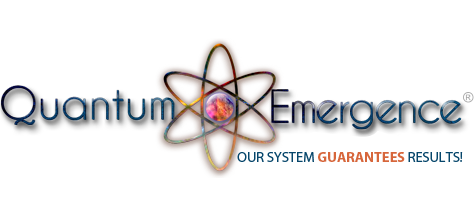Welcome to the last in our series of posts about Virtue — that core aspect of your identity that helps you understand who you really are and who God made you to be.
In our first post we talked about what Virtue is. In our last two posts, we’ve spoken about the other six Virtues: diligence, faith, and valor and knowledge, self-control, and perseverance.
Today, we’ll talk about the final three: goodness, kindness, and love.
1. Goodness. Goodness is a sense of purity and protecting what is right. A person who is good is honest and straightforward. There is no deception or game-playing. Instead, there is a wholesome quality of honesty, a clear sense of right and a wrong, and a steady commitment to doing the right thing.
2. Kindness. Kindness is a sense of appreciation and a standing for equality. People who are kind are genuinely grateful for their blessings and gifts. They see grace everywhere and freely extend it to others. They are very conscientious about others’ suffering and oppression, and seek to correct inequalities in the world.
3. Love. Love is a sense of abundance and an agenda for completion. A person whose primary Virtue is love is overflowing with generosity, praise, and care. They have the ability to see past peoples fake masks and false pretenses and see their perfection. There is also a strong desire for wholeness and completeness — not just within the self, but for the world at large.
It’s important to understand that one Virtue isn’t “better” than another. The Virtues aren’t a hierarchy; they’re gifts. As such, each gift is necessary so that the world can function as it should. Denying your Virtue means you’re denying the world of something precious and profound.
In the Bible, Paul compared the gifts that each of us brings to the world to a body: each part is necessary for the proper functioning and thriving of the body as a whole.
“Now if the foot should say, ‘Because I am not a hand, I do not belong to the body,’ it would not for that reason stop being part of the body. And if the ear should say, ‘Because I am not an eye, I do not belong to the body,’ it would not for that reason stop being part of the body. If the whole body were an eye, where would the sense of hearing be? If the whole body were an ear, where would the sense of smell be? But in fact God has placed the parts in the body, every one of them, just as he wanted them to be.”
When you embrace your Virtue, suddenly you’ll find that you’re able to contribute and create in a way that you couldn’t before. Knowing who you are — your Virtue, your core identity — allows you to step into the life you were made to live.
What experience have you had with the concept of embracing who you really are? How have you seen it yield fruits in your life?
At Quantum Emergence, our specialty is identity-based transformation. This means that we’ll help you discover what your Virtue is, and support you as you seek to intentionally create a life that is formed from the very essence of who you are.
Many people discover that working with an experienced mentor or coach can speed the self-discovery and transformation process. Request a FREE 30-minute Beyond Breakthrough Session with one of our qualified coaches today.
